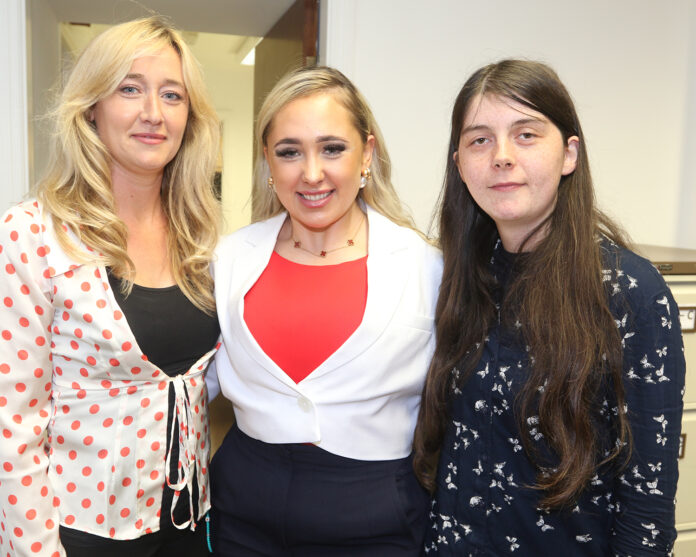
CHILDREN and adults whose gaming and screen time are hurting their lives have a new programme to turn to in the Mid West.
Saoirse addiction treatment centre has been chosen as one of four centres around the country to pilot a project which will offer help and support to teens and their parents as well as adults for whom gaming has become an addiction.
Gamers aged 14 and over are being accepted on to the programme, which aims “to work with young people where they are in a collaborative setting,” Saoirse counsellor Saoirse Teehan told the Limerick Post.
While parents everywhere need to be cautious about the amount of time children and young people spend online, Saoirse says that there is an evident problem “when it starts impacting on their day to day lives, when kids are up until the early hours playing games when they have to get up for school, when hobbies they might once have liked are dropped or they stop socialising.”
“Parents will say that it’s often difficult to get children to even come to the table for a family meal. They’re spending excessive time on computers and phones to the detriment of their own lives and family relationships.”
Insidiously, many of the online games children now play involve an element of gambling, where money has to be paid over for “loot” boxes with no information on what’s inside.
Other games involve buying aesthetic “skins” (character costumes) or equipment for game characters which can quickly become a peer-pressure situation with young people feeling they have to spend money to keep up.
While no 14 year old could walk into a betting shop or a casino and place a bet, the games which foster gambling allow them to do just that.
“Parents are obviously very much involved in the process and it’s the parents who approach us in the first place. We can assess if what is happening is a problem and, if it is, we try to build a rapport with the young person and work with them,” Saoirse said.
The programme begins with the young person documenting how much time they are spending online and then aiming to realistically reduce that or to reintroduce other activities.
The process also encourages the young person to ask what they are getting from gaming “and to find out what is going on with them,” Saoirse explained.
The gaming programme is run alongside a gambling addiction programme and parents have a support worker so that the family, counsellor, and support person all work in collaboration.
Anyone who would like to discuss the gaming programme, or any other addiction treatment support service with the Saoirse centre, can contact 085 818 4590.


